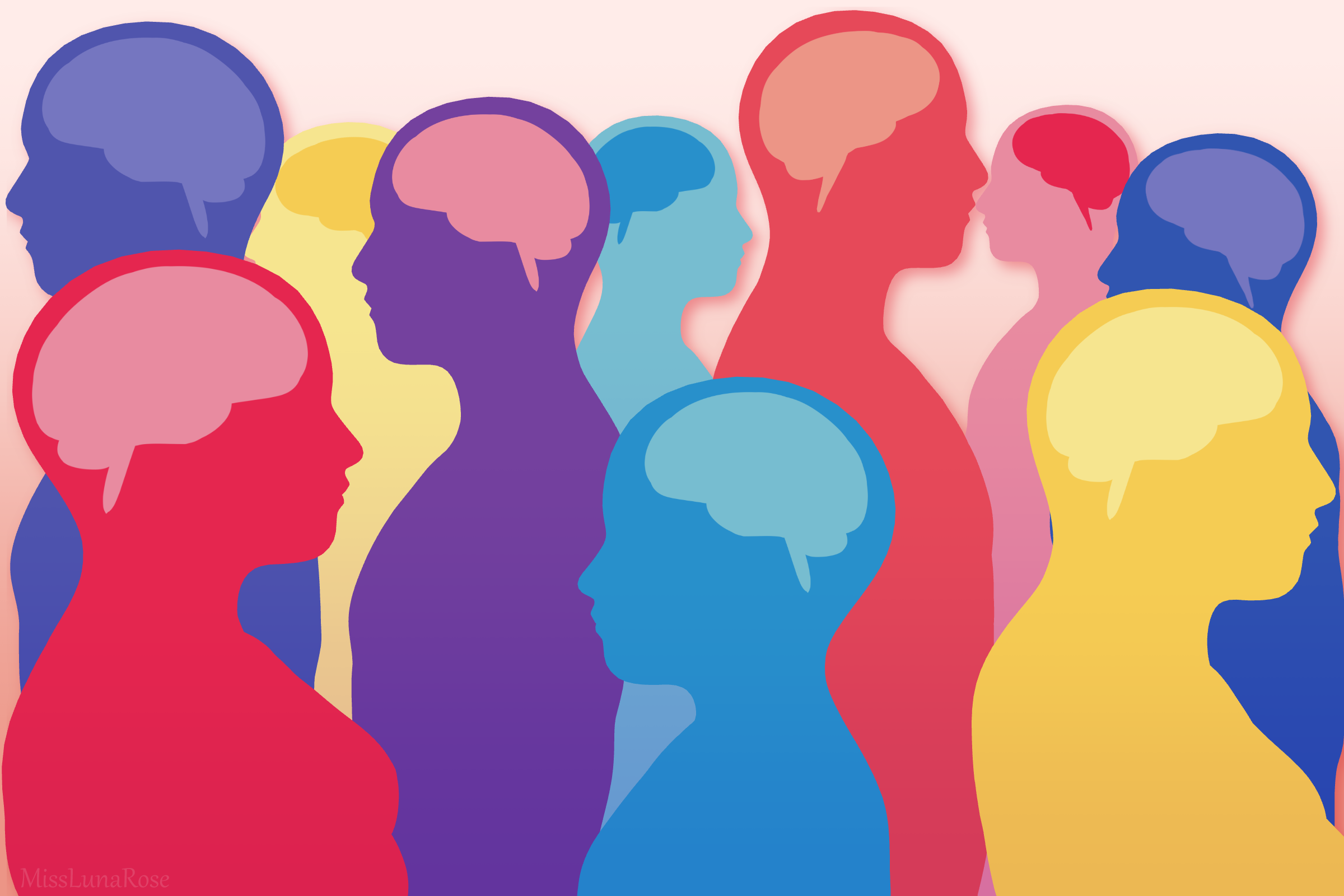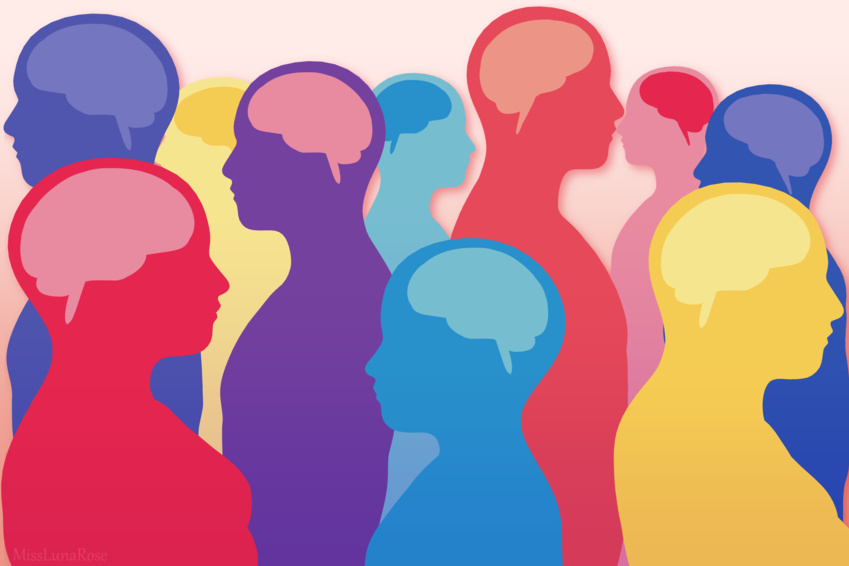What comes to mind when you hear the term "neurodiversity"? Dyslexia? attention deficit hyperactivity disorder (ADHD) ? What is autism spectrum disorder? Social anxiety? All of these conditions, as well as others, fall under the broad umbrella of neurodiversity.
While not an official medical term, neurodiversity refers to differences in brain development and functions that result in different strengths. Neurodiversity affects up to 20% of the world's population: 10% of the population is dyslexic, 5% has ADHD, and up to 2% is on the autism spectrum.
Traditional aspects of finding and keeping a job, such as interviews, team meetings, and social gatherings, may pose challenges for some neurodiverse individuals. Fortunately, today's employers, including Principal®, have realized that an inclusivity lens must include neurodiversity. At Principal, this has resulted in a creative hiring program centred on finding talent and providing individuals with rewarding work.
"But it's also about challenging our assumptions, broadening the lens of what inclusivity means, and strengthening our culture," said Joe Fiderlick, assistant director of engineering for Principal Asset Management.
Jennifer Schwartz and Luke Heideman learned about a neurodiverse hiring program at another financial firm a few years ago. Schwartz and Heideman are both members of Principal's OneAbility employee resource group, and the tenets of that setup piqued their interest.
"The labour market for tech talent has always been tight, and neurodiverse individuals have tended to be unemployed or underemployed," said Schwartz, a human resources business partner at Principal.
Broadening the talent lens and the inclusivity umbrella also reminded the duo of another Principal program. "Our pipeline for veterans has done well," said Heideman, an audit manager at Principal.
"With neurodiverse hiring, we saw the potential for two things: it was the right thing to do, and it could really make a business impact."
OneAbility collaborated with the Global Inclusion Team and Principal Asset Management to implement a neurodiversity hiring program in mid-2022, armed with best practises and potential programming. CAI, a vendor that specialises in finding and supporting neurodiverse individuals, interviews and onboards talent; the goal, according to Schwartz, is to fill a current need while also developing a talent pipeline for full-time Principal employees.
Fiderlick is one of the first program placements, and he considers himself fortunate to be a part of the opportunity.
"It's exciting to broaden the makeup of my team. We need to continue to expand and reinforce our culture while also making business-critical decisions," he said. "In order to be successful, we must think broadly."
That includes intentional conversations about communication, workplace needs, transitions, and calculating impact for Fiderlick and his team. A person with sensory sensitivities, for example, may require a work environment where lights can be adjusted or the ability to wear headphones to block noise on day one.
"We need to measure not only whether Principal benefits from the engagement, but also whether the individuals hired feel like they are a valued member of a team doing meaningful work," said Fiderlick.
He went on to add, “The speed at which the team has demonstrated value and the support they have received from both the U.S. and international staff is a positive testament that we’re on the right track.”
Beyond successfully onboarding and transitioning employees, the program's expansion and challenging preconceived notions of skill sets are goals. What if abilities that were initially thought to be limitations, such as pattern detection, turned out to be strengths?
“There’s an opportunity for businesses to rethink and recalibrate how they think about staffing, particularly in challenging times, in ways that have meaningful and real benefits for everyone,” opined Fiderlick. “There’s a stigma behind being neurodiverse and programs like this start to change that narrative, transform culture, and help businesses and individuals take meaningful steps forward together.”
While not an official medical term, neurodiversity refers to differences in brain development and functions that result in different strengths. Neurodiversity affects up to 20% of the world's population: 10% of the population is dyslexic, 5% has ADHD, and up to 2% is on the autism spectrum.
Traditional aspects of finding and keeping a job, such as interviews, team meetings, and social gatherings, may pose challenges for some neurodiverse individuals. Fortunately, today's employers, including Principal®, have realized that an inclusivity lens must include neurodiversity. At Principal, this has resulted in a creative hiring program centred on finding talent and providing individuals with rewarding work.
"But it's also about challenging our assumptions, broadening the lens of what inclusivity means, and strengthening our culture," said Joe Fiderlick, assistant director of engineering for Principal Asset Management.
Jennifer Schwartz and Luke Heideman learned about a neurodiverse hiring program at another financial firm a few years ago. Schwartz and Heideman are both members of Principal's OneAbility employee resource group, and the tenets of that setup piqued their interest.
"The labour market for tech talent has always been tight, and neurodiverse individuals have tended to be unemployed or underemployed," said Schwartz, a human resources business partner at Principal.
Broadening the talent lens and the inclusivity umbrella also reminded the duo of another Principal program. "Our pipeline for veterans has done well," said Heideman, an audit manager at Principal.
"With neurodiverse hiring, we saw the potential for two things: it was the right thing to do, and it could really make a business impact."
OneAbility collaborated with the Global Inclusion Team and Principal Asset Management to implement a neurodiversity hiring program in mid-2022, armed with best practises and potential programming. CAI, a vendor that specialises in finding and supporting neurodiverse individuals, interviews and onboards talent; the goal, according to Schwartz, is to fill a current need while also developing a talent pipeline for full-time Principal employees.
Fiderlick is one of the first program placements, and he considers himself fortunate to be a part of the opportunity.
"It's exciting to broaden the makeup of my team. We need to continue to expand and reinforce our culture while also making business-critical decisions," he said. "In order to be successful, we must think broadly."
That includes intentional conversations about communication, workplace needs, transitions, and calculating impact for Fiderlick and his team. A person with sensory sensitivities, for example, may require a work environment where lights can be adjusted or the ability to wear headphones to block noise on day one.
"We need to measure not only whether Principal benefits from the engagement, but also whether the individuals hired feel like they are a valued member of a team doing meaningful work," said Fiderlick.
He went on to add, “The speed at which the team has demonstrated value and the support they have received from both the U.S. and international staff is a positive testament that we’re on the right track.”
Beyond successfully onboarding and transitioning employees, the program's expansion and challenging preconceived notions of skill sets are goals. What if abilities that were initially thought to be limitations, such as pattern detection, turned out to be strengths?
“There’s an opportunity for businesses to rethink and recalibrate how they think about staffing, particularly in challenging times, in ways that have meaningful and real benefits for everyone,” opined Fiderlick. “There’s a stigma behind being neurodiverse and programs like this start to change that narrative, transform culture, and help businesses and individuals take meaningful steps forward together.”


 Adding neurodiversity to employment criteria
Adding neurodiversity to employment criteria





 Companies
Companies